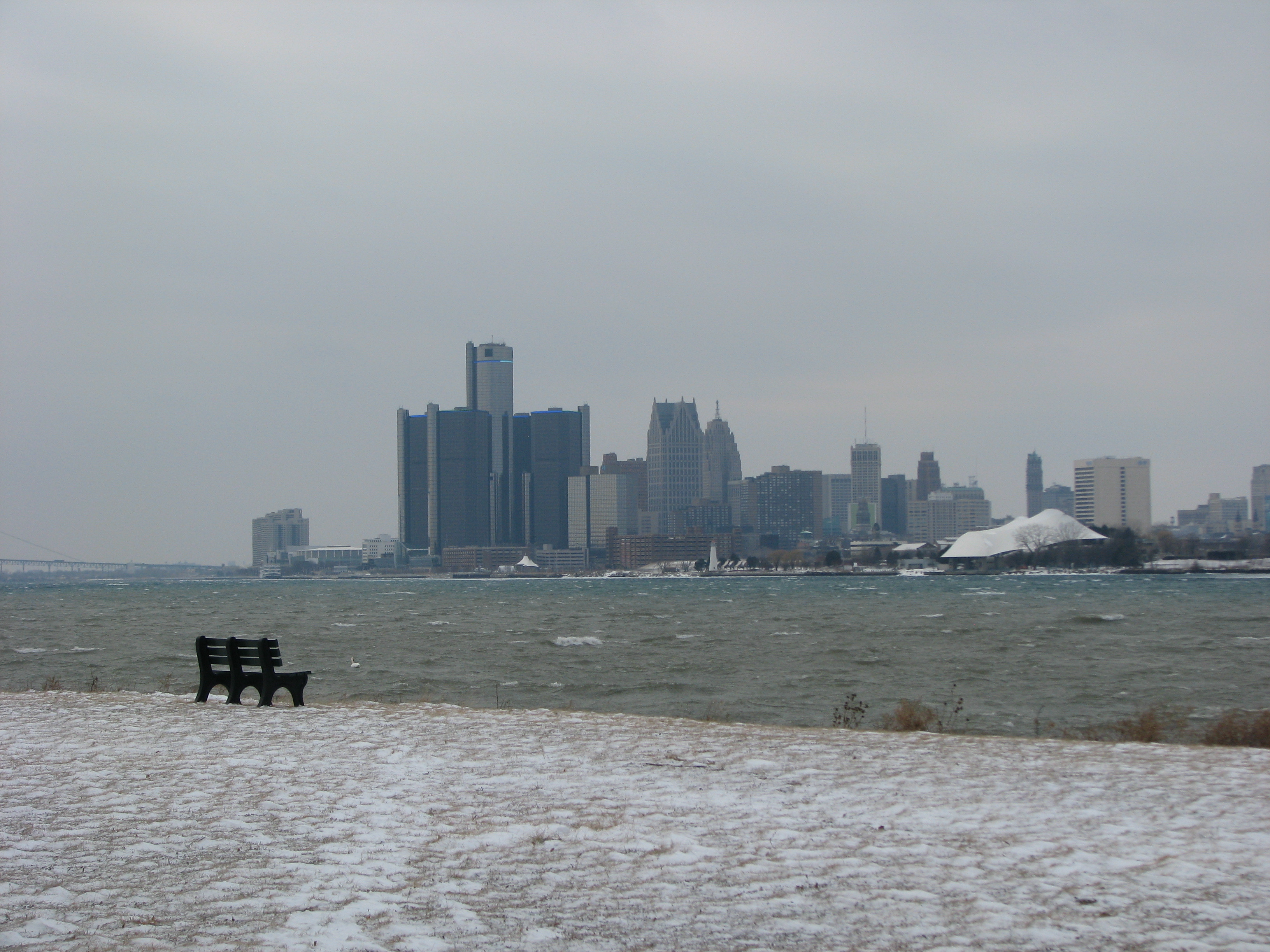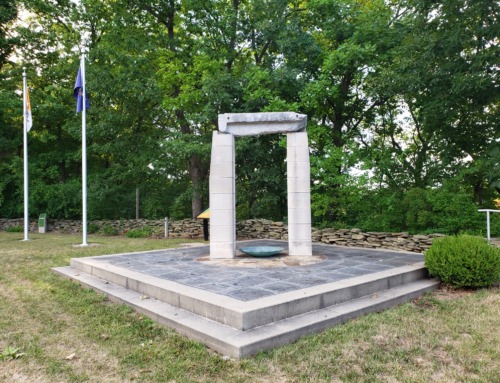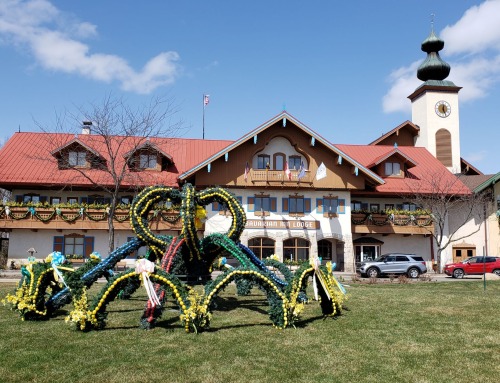I’ve been going to Belle Isle for as long as I can remember. It’s a peaceful respite from city life, seemingly floating in the Detroit River. At any time of year, the island offers spectacular views of both downtown Detroit and neighboring Canada. Until recently it was the largest city-owned park in the United States. The size hasn’t changed, but as of November 12, 2013, the 982-acre island officially became a Michigan State Park, which begs the question, what does that mean for one of Detroit’s best-loved gems?
At the culmination of the 90-day transition period on Feb. 10, the city will maintain ownership of Belle Isle while the Department of Natural Resources (DNR) will assume responsibility for managing the park. The Michigan Department of Transportation (MDOT) will take responsibility for roads and bridges on Belle Isle. State management of the park is expected to save the financially embattled City of Detroit an estimated $4 million to $6 million per year.
One of the big changes, that many have dreaded, is changing the park from free access to one that is fee-based. To a certain extent the adjustment is modest compared to previously considered plans that included a fee for every entry. As a state park, Belle Isle will become part of the Recreation Passport system. The $11 Recreation Passport offers access to all Michigan state parks and recreation areas, state forest campgrounds and boat launch and trail parking for a typical 12-month period.
On Feb. 10, 2014, the date Belle Isle becomes Michigan’s 102nd state park, the gradual phase-in of the Recreation Passport requirement for island access begins.
The Recreation Passport is directly tied to Michigan drivers’ license plate registration renewal. Throughout Belle Isle’s first year of Recreation Passport requirement, a vehicle can access the island without a Recreation Passport until the owner’s next registration renewal date. For example, if a vehicle license plate registration renewal date is August 2014, then the Passport is not needed on that vehicle until August. Likewise, if the renewal date is December 2014, then the Passport is not needed until December. Once a full year has cycled (February 2015), all vehicles entering the park must have a Recreation Passport.
Fortunately for the city, pedestrians, bicyclists and those using public transportation can enter the park for free and will not need the Passport. The DNR is also working with the city to re-establish a public bus route to the island.
For those who haven’t visited yet, or haven’t been there in a while, Belle Isle is home to the Belle Isle Aquarium, the Belle Isle Conservatory, the Detroit Yacht Club, the Detroit Boat Club, the James Scott Memorial Fountain, the Dossin Great Lakes Museum, a Coast Guard station, and a municipal golf facility. There are also wooded trails, a golf practice center, and a beach. While some of these areas have been well-maintained, others have suffered under the city’s financial burden.
Funding from the Recreation Passport system will hopefully begin to change that. There is already evidence of improvement.
Repaired picnic tables, secured trash cans, and a renovated bathroom are among the first repairs the state made. New signs highlighting attractions can also be spotted as a visible reminder that change is under way.
According to the DNR, during the transition period several hundred hazardous trees were felled and some ground to mulch, trails were cleared of brush, a shelter was re-roofed, and refuse barrel posts were anchored in the ground. Assessments will also be conducted on the storm water, electrical, water, sanitary and security systems, in addition to a playground equipment assessment for quantity, safety and location.
To further the cause, the Belle Isle Park Advisory Committee (BIPAC) will hold its first meeting on Thursday, Jan. 30, at the Detroit Yacht Club. This committee will advise the state on implementation of improvements, master planning and public safety for Belle Isle.
It will consist of three representatives appointed by the governor; one representative appointed by the Detroit City Council; two representatives appointed by the mayor of the city; and one representative to serve as chair jointly appointed by the governor and mayor. Michele Hodges of Grosse Pointe Park, president of the Belle Isle Conservancy since Jan. 2013, will serve as committee chair.
While no one has a crystal ball to truly foresee the changes in store for Belle Isle, the most immediate good news is that its inherent natural beauty will always draw visitors eager to explore. The idea that restoration to some facilities may also be on the horizon is certainly an added bonus.









Leave A Comment
You must be logged in to post a comment.